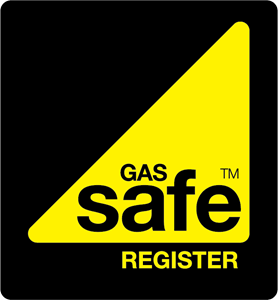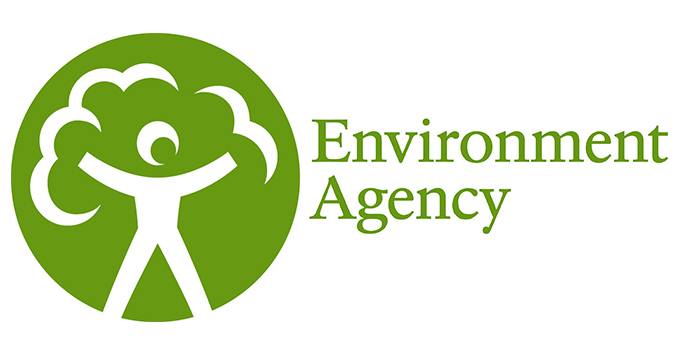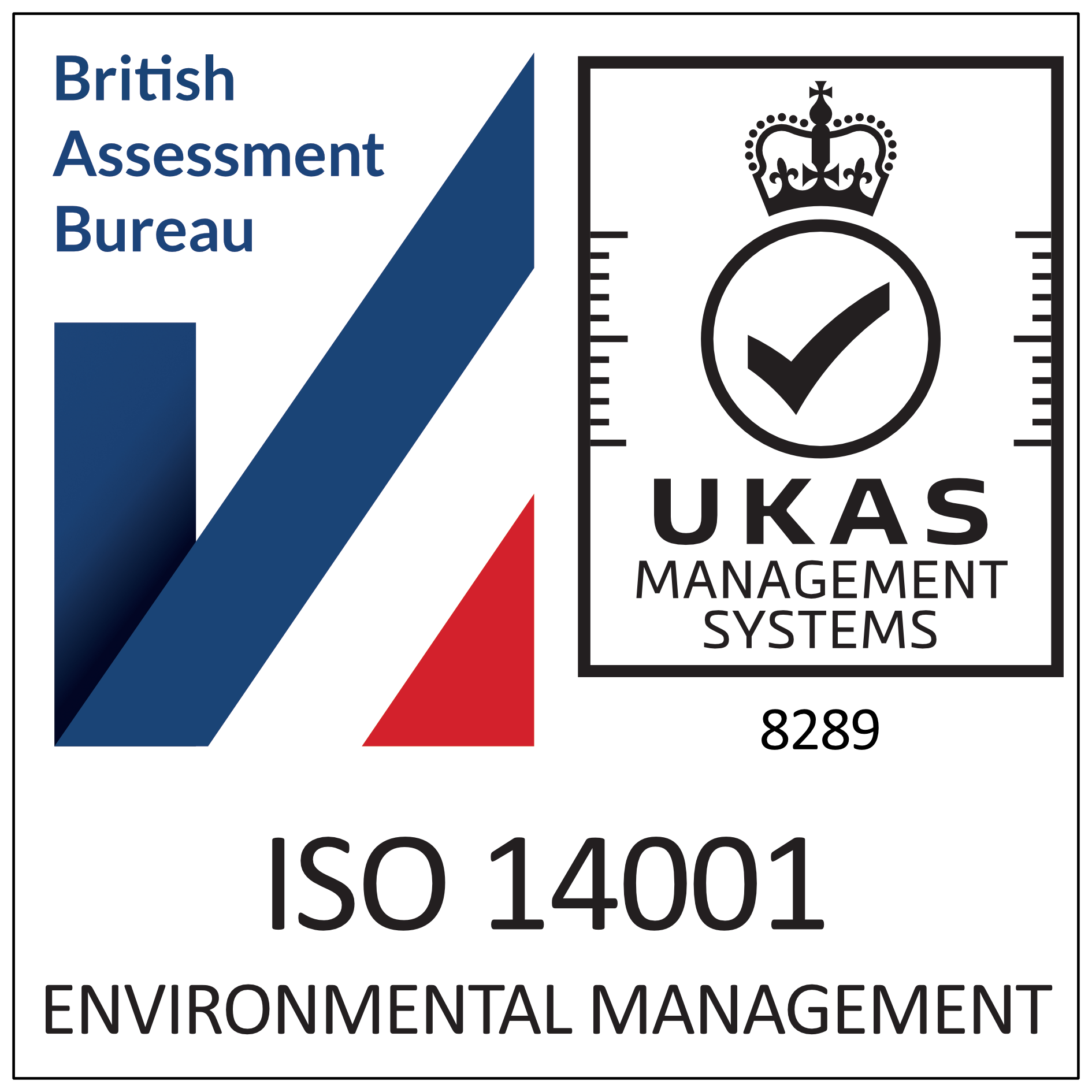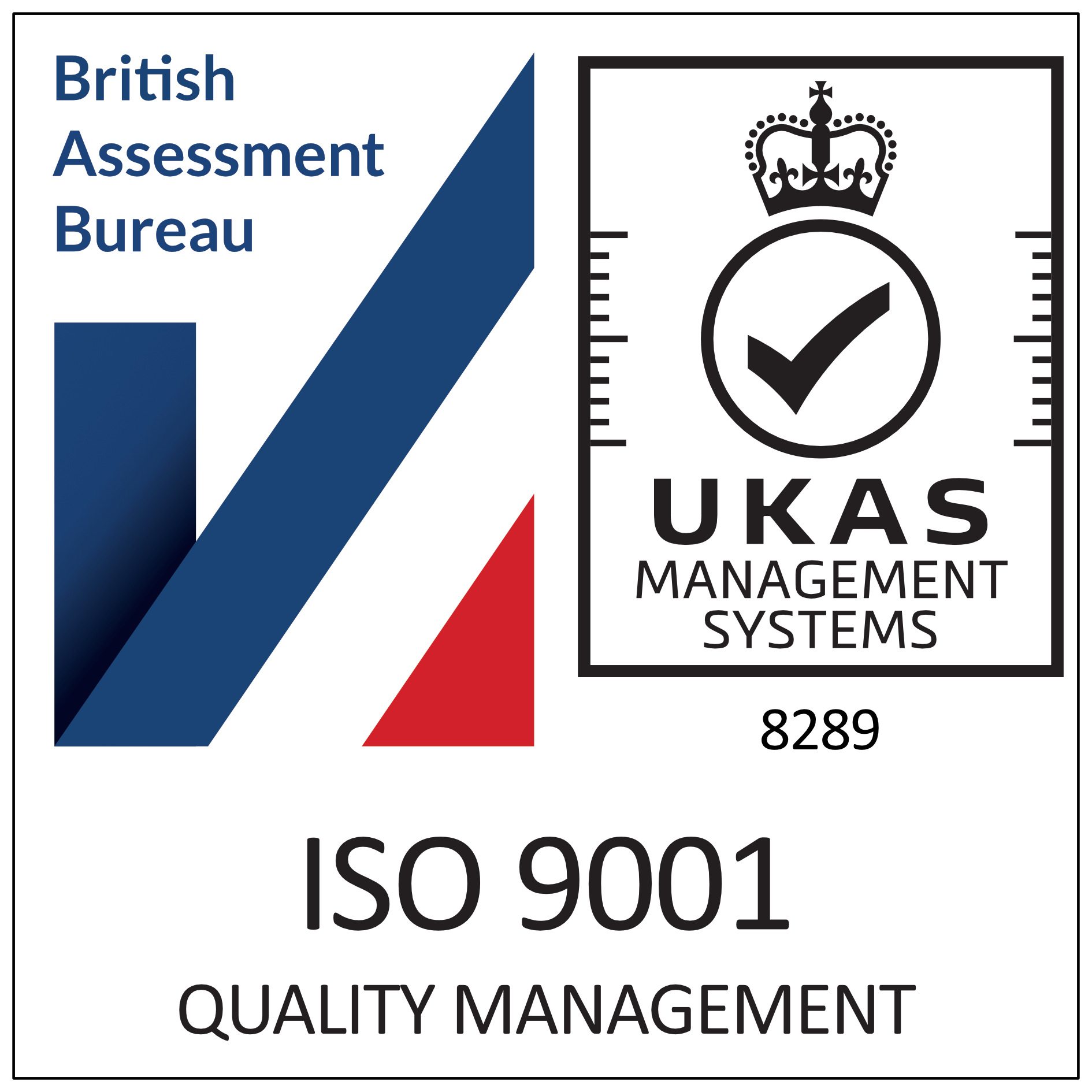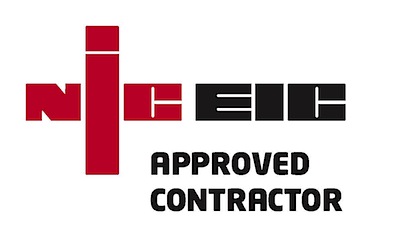Frequently Asked Questions
Find answers to common questions and get helpful information by exploring our FAQs section.
FAQ’s
Carbon Monoxide Safety
What to do if you smell gas inside your home/property?
If you smell gas inside a property, there are several steps that you should take. Call the National Gas Emergency Service number on 0800 111 999* to notify them of the issue, you will be given some advice on what to do next. Before that, taking the following action will help keep you and the property safe:
DO open doors and windows to ventilate the property.
DO turn off the gas at the mains tap. This can usually be located near the gas meter and has a handle that can be turned 90 degrees. If the gas leak is in a cellar or basement, do not enter and instead evacuate the building.
If you suspect you have a gas leak or you smell gas, it is important that you don’t do any of the following as these could place you in further danger:
DON’T turn any power or light switches on or off.
DON’T light any sort of flame within the property.
DON’T use any appliances that could cause a spark
Sometimes a gas leak can lead to you feeling physical symptoms such as dizziness, fatigue, nausea and headaches. These symptoms should ease when you leave the property, however we’d advise that you visit your GP as a precaution if you’ve been exposed to a gas leak.
If you find yourself with these symptoms but can’t smell any gas, it could be a sign of a carbon monoxide leak. Read our carbon monoxide guide to find out more.
Carbon Monoxide Explained
Symptoms of carbon monoxide (CO) poisoning
Carbon monoxide can be deadly or cause serious long-term health problems. It is especially dangerous because you can’t see, taste or smell CO, and some symptoms of CO poisoning are the same as flu, food poisoning, viral infections, fatigue, or a hangover which makes it easy to mistake this very dangerous poisoning for something else.
The six main symptoms of poisoning are:
Headaches
Dizziness
Nausea
Breathlessness
Collapse
Loss of consciousness
Being aware of these symptoms could save your life.
There may be other signs that could indicate CO poisoning, such as:
Symptoms you notice at home lessen when you leave.
Others in your household experience similar symptoms at a similar time.
Pets are displaying irritable behaviour. For example, odd behaviour such as aggression, anxiety or fear of noises or other animals/ children or vomiting.
What to do if you suspect carbon monoxide (CO) poisoning?
It’s important to act quickly:
Turn off the gas appliance (if it’s safe to do so)
Open doors and windows to let air in
Leave the property and go outside into fresh air.
Get medical advice as soon as possible.
Contact the NHS 111 service if you suspect CO poisoning.
If someone is experiencing severe symptoms, such as difficulty breathing, sudden confusion, or loss of consciousness, call 999 or go to A&E.
Contact the Gas Emergency Helpline on 0800 111 999 (GB) or the relevant service for your area.
You can also visit the NHS website for additional information on the symptoms of CO poisoning, what action to take and the treatment that’s usually provided
What is carbon monoxide (CO)?
Carbon monoxide (CO) is a highly poisonous gas produced by the incomplete burning of any carbon fuel such as natural gas or liquefied petroleum gas (LPG). This can happen when a gas appliance has been incorrectly fitted, badly repaired, or poorly maintained. CO can also build up if flues, chimneys, or vents are blocked.
Solid fuels, such as coal, wood, petrol, as well as oil, can also produce carbon monoxide when they burn.
CO is known as the ‘silent killer’ because you cannot see, smell or taste it.
How does carbon monoxide (CO) poisoning happen?
When you breathe in carbon monoxide it replaces the oxygen in your blood. CO poisoning occurs when it builds up in your bloodstream and the lack of oxygen results in the body’s cells failing and dying. CO poisoning can happen very quickly and even small amounts of the gas can cause poisoning. Exposure to CO can result in paralysis, brain damage or even death.
What are the signs of a carbon monoxide (CO) leak?
Any of the following could be a sign of a carbon monoxide leak:
Floppy yellow or orange flame on your gas hob or oven, rather than a crisp blue flame.
Dark, sooty staining on or around gas appliances.
Pilot lights that frequently blow out.
Increased condensation inside windows.
How can I prevent carbon monoxide (CO) poisoning in my home?
The most important thing you can do to minimise the risk of CO poisoning is to ensure that your gas appliances are safety checked annually by a Gas Safe registered engineer.
Installing an accredited audible carbon monoxide alarm in your home is a good second line of defence, as they emit a sound when CO is detected. However, because a CO detector’s alarm only activates once there is CO present, you should never rely on them as your sole form of prevention.
FAQ’s
Types of Boiler Services
What is a gas boiler service?
An annual boiler service is a must with any Gas boiler and must be carried out by a registered Gas Safe engineer, it is a safe and cost-efficient way to help maintain your boiler and heating system, it is also a requirement set out by the manufacturers of your boiler that your appliance is service yearly.
If you have a combi boiler you can expect the service to take around an hour, engineers will check all components within the boiler, the external terminations ie the flue termination, carbon monoxide and carbon dioxide readings from the boiler also making sure the combustion seals are intact. If you have a system boiler or heat only boiler you can expect the service to take up to an 1 hour and a half, as there components to check that are not inside the boiler like a pump that may well be in an airing cupboard, the magnetic filter if your system is fitted with one. As a general rule the service cost you pay will not include any repairs or parts and labour required, new parts like carbon monoxide detectors that are not present will be classed as additional parts, if your boiler is found to be faulty or dangerous you’ll need to pay for a boiler replacement.
What is an oil boiler service?
An oil boiler service is an annual service the same as a gas service, but this is carried out by OFTEC registered engineer, the check is similar in that a visual examination of the parts and components is undertaken, an OFTEC checklist is used and typically takes longer due to the longer cleaning process, there isn’t the same legal requirements to service an oil appliance but it is good practice to ensure your boiler is operating safely and that it is well maintained.
Enquire
Have a question we haven’t answered? Get in touch today
